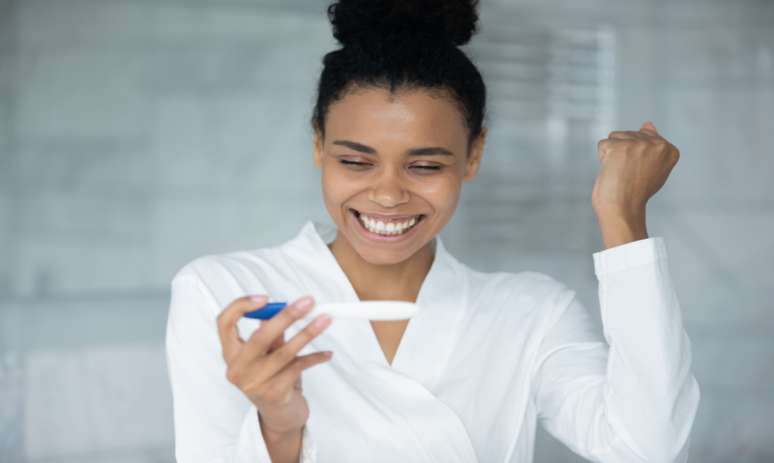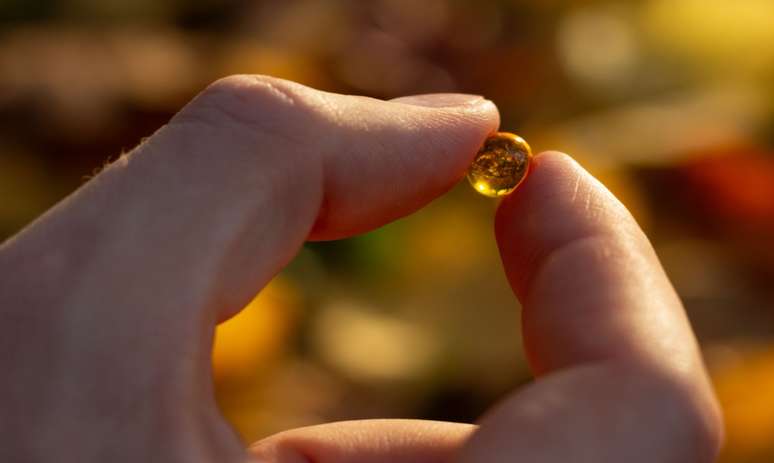Research has shown that women seek to freeze their eggs at the age of 37 on average. The recommended age is up to 35 years
A study commissioned by the pharmaceutical company Organon and carried out by the Ipsos Institute revealed that the average age at which women start to consider the possibility of freezing their eggs in the future is 37 years.
However, assisted reproduction experts recommend performing the procedure before the age of 35. This is because this is the period in which the woman has more and better quality eggs.
“The ideal age for freezing eggs is before the age of 35. After this age, the ovarian reserve and the quality of the eggs begin to decline, which can affect the chances of success of the surgery,” says the medical director of institute. Organon, Dr. Luiz Lucio.
Questions answered by the study
The survey was conducted between July and August 2023, with 600 women from all regions of Brazil, aged between 18 and 45. The results showed that 70% of the respondents had already heard of methods to get pregnant.
When asked which treatments they were aware of, with the possibility of multiple choice, 85% cited artificial insemination, 77% in vitro fertilization, 72% egg freezing and 41% induction of ovulation.
However, when encouraged to provide more details about fertilization, 32% were unable to explain. Among women between 18 and 24 years old, the percentage of knowledge of treatments drops to 57%.
When it comes to treatments women plan to use in the future, egg freezing is the most popular, with 23% of respondents saying they plan to do so. This is followed by artificial insemination (20%), ovulation induction (19%) and in vitro fertilization (19%).
“This data offers a comprehensive view of the challenges faced by the female population in their reproductive journey. It is important that they have access to reliable information about these treatments, so that they can make informed decisions about their reproductive future,” said Lucio.
Health workers and sources of information
Health workers have a significant role in guiding women. The survey shows that 53% of doctors addressed the topic of artificial insemination, followed by 38% who discussed in vitro fertilization and egg freezing. Ovulation induction was mentioned by 32% of respondents; Seven percent said none of these topics were addressed by their doctors.
Friends and family play a crucial role, being cited by 51% of respondents as the main source of information. Doctors follow, with a share of 49%, while the digital universe also stands out, with 46% citing Instagram and 39% using specialized sites.
Source: Terra
Ben Stock is a lifestyle journalist and author at Gossipify. He writes about topics such as health, wellness, travel, food and home decor. He provides practical advice and inspiration to improve well-being, keeps readers up to date with latest lifestyle news and trends, known for his engaging writing style, in-depth analysis and unique perspectives.









